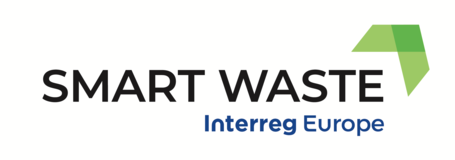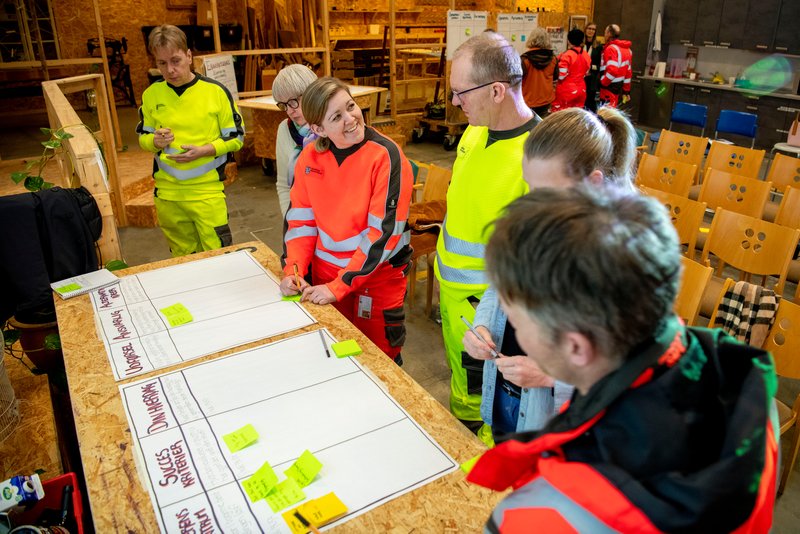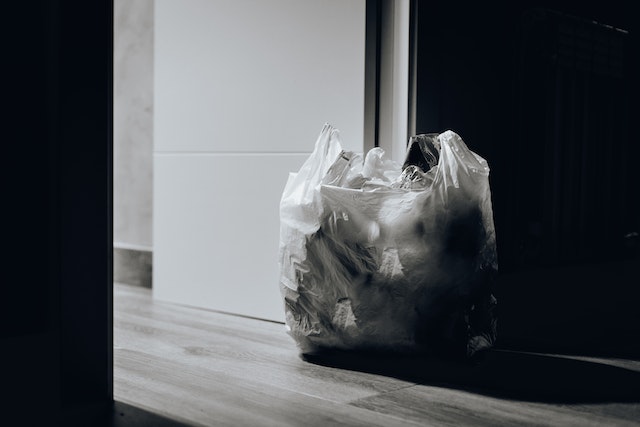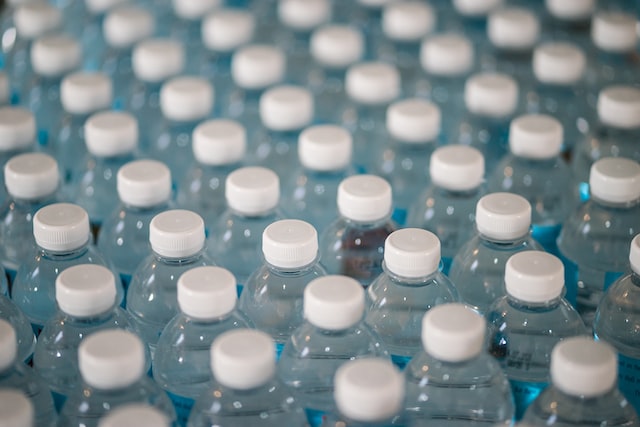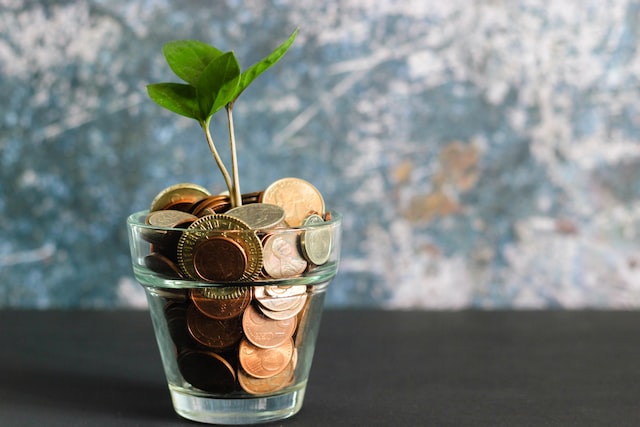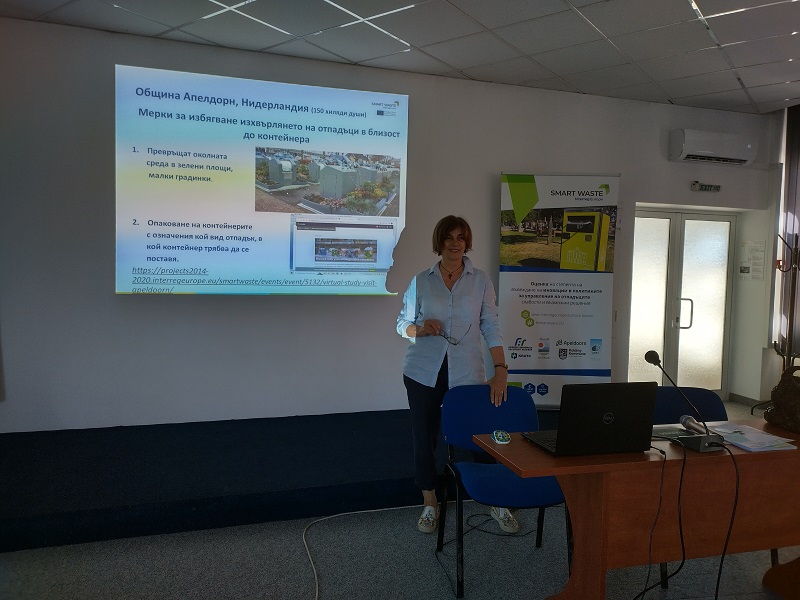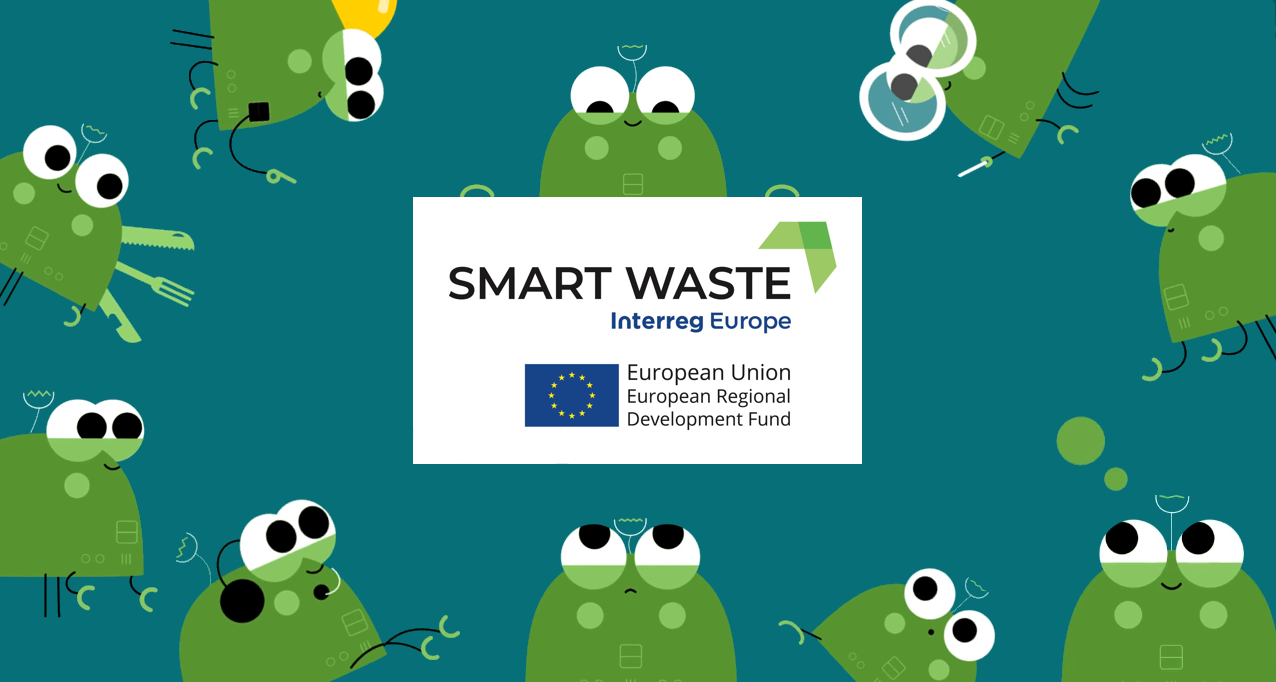In October 2021 the European Commission (EC) launched a public consultation on the upcoming new policy framework on biobased, biodegradable and compostable plastics, expected to be approved in 2022. The background for this initiative is the New European Circular Economy Action Plan (CEAP), since it also includes proposals for the plastic sector and the development of an EU Policy Framework for Biobased, Biodegradable and Compostable Plastics. According to the CEAP, the policy framework must support use of biobased plastics resulting in environmental benefits. This support is also to be provided by assessing applications where such use can be beneficial to the environment as well as the criteria for such applications, according to large evidence base already existing and listed in the roadmap.
More specifically, the initiative aims to put into force a set of rules to decide whether and where these plastics are to be considered as effectively sustainable alternatives to conventional plastics. In that regard, the following measures will be considered:
- clear definitions and overarching principles applying to both biobased plastics (BBP) and biodegradable and compostable plastics (BDCP);
- for BBP, clarifying the measurement method and labelling of the part of a plastic product that is entirely or partly derived from biomass (the ‘biobased’ content) as well as the sustainability of the biological feedstock used to produce BBP by considering sustainability criteria;
- for BDCP, clarifying definitions, applications, and criteria for such applications, as well as the role of testing, labelling and certification to ensure effective biodegradation, alignment with actual disposal infrastructure, and avoidance of consumer confusion.
The initiative will be developed in close coordination with other initiatives, such as: the revision of the Packaging and Packaging Waste Directive, the Sustainable Product Initiative, the Single Use Plastics Directive, the Updated Bioeconomy Strategy.
In general, the upcoming legislation on BBP is likely to be a milestone in promoting wide environmental benefits of such a material, potentially replacing more harmful, fossil-based traditional plastics.
